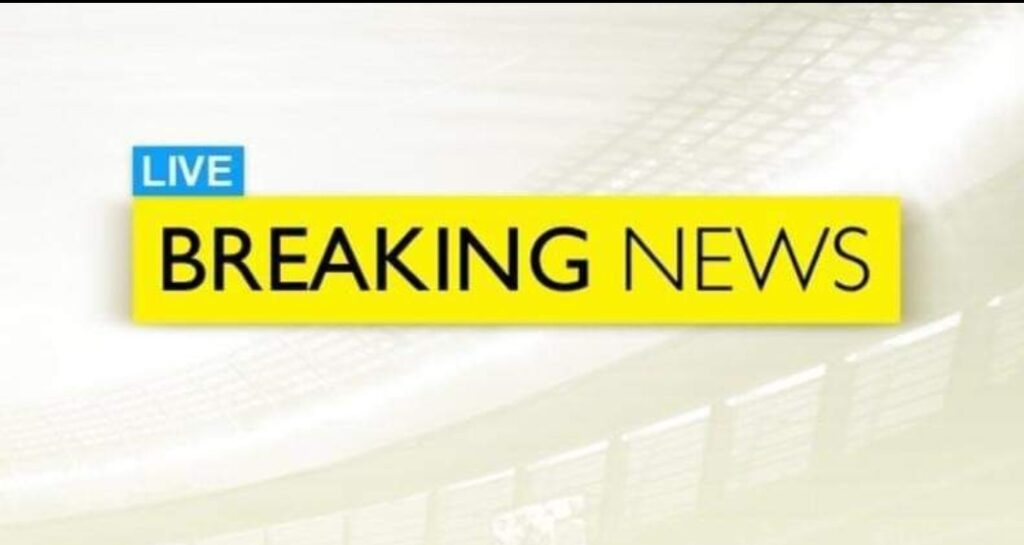In a moment of refreshing openness, Manchester City manager Pep Guardiola didn’t hold back in his praise for Arsenal’s recent triumph over Real Madrid, describing it as a redemptive performance that lifted a personal burden. Arsenal’s impressive display, seen by many as a form of retribution for City’s previous humiliation at the hands of Carlo Ancelotti’s side, drew admiration from Guardiola, who gave full credit to Mikel Arteta for orchestrating what he called a “masterclass.”
“Congratulations to Arsenal for lifting the shame off my face,” Guardiola remarked with a rare smile, candidly acknowledging the symbolic weight of Arsenal’s victory. He made it clear that the North London club had avenged City’s past struggles against Madrid, especially that stinging defeat at the Etihad. His words carried both respect and a hint of personal vindication, showing how deeply City’s previous Champions League loss had impacted him.
However, true to his analytical nature, Guardiola didn’t stop at applause. He took the opportunity to pass along some critical guidance for Arteta as Arsenal prepares for the return leg at the Santiago Bernabeu—arguably one of the most intimidating arenas in world football. Guardiola issued a cautionary note, reminding Arteta that the job is far from done and that Madrid, especially on home soil, is a formidable opponent not to be underestimated.
He outlined two key tactical elements Arteta must prioritize to stand a chance in Madrid. The first revolves around game control. Guardiola explained that Real Madrid thrives on high-tempo, chaotic encounters, particularly when spurred on by their home crowd. “If you let them get into a rhythm, you’re done,” he warned. According to Guardiola, it’s crucial for Arsenal to seize control early, slow the tempo when needed, and avoid being drawn into Madrid’s preferred frantic style of play. By dictating the pace, Arsenal can neutralize one of Madrid’s greatest strengths—their ability to turn a match on its head in a matter of moments.
The second piece of advice focused on defensive discipline, particularly during transitions. “Madrid is deadly in transition,” Guardiola said, pointing to the Spanish side’s reputation as masters of the counter-attack. He urged Arteta to ensure his team remains compact and organized, especially when possession is lost. Leaving spaces, Guardiola stressed, would be an open invitation for Madrid’s quick and clinical forwards to exploit.
In essence, Guardiola’s words were both a tribute and a tactical blueprint. He acknowledged Arteta’s tactical growth and maturity while offering veteran insights gained from his own high-stakes battles against Madrid. Now, the challenge lies with Arteta and his squad—to use that wisdom and conquer the Bernabeu, a stage where so many dreams have been made and broken.
